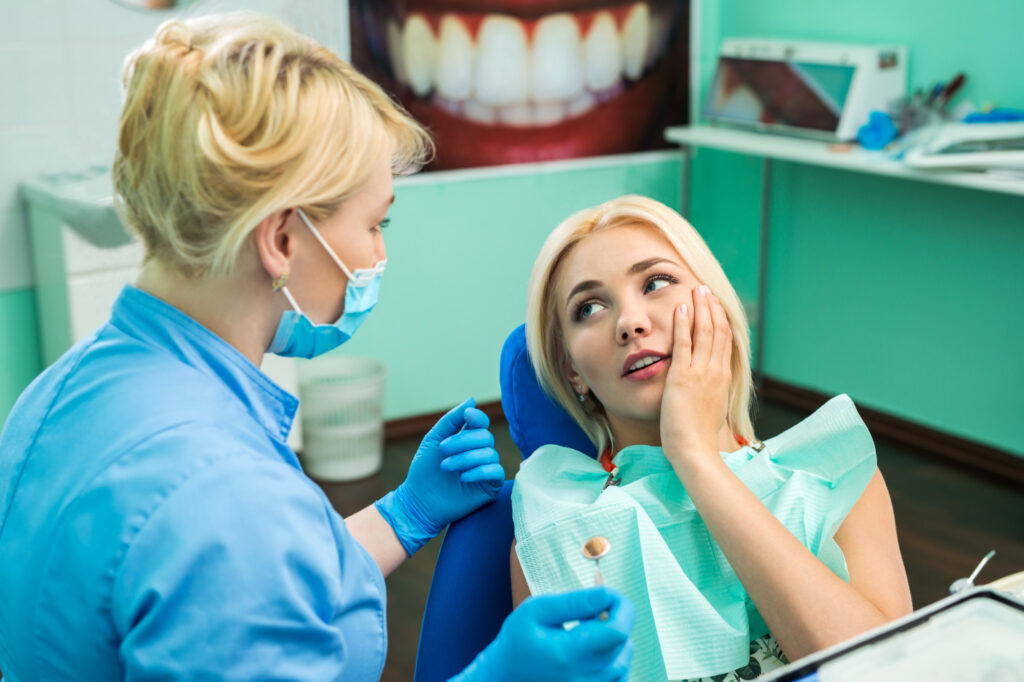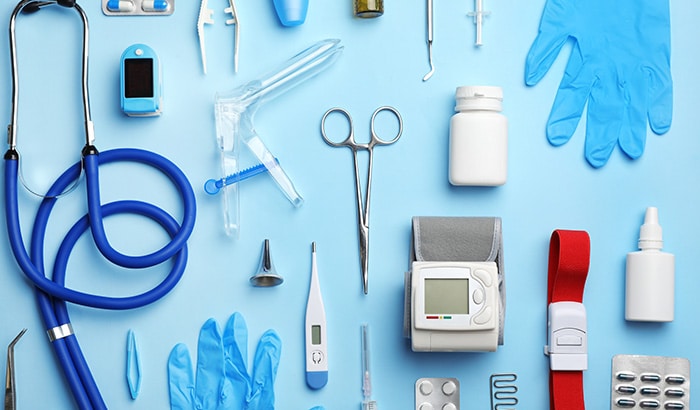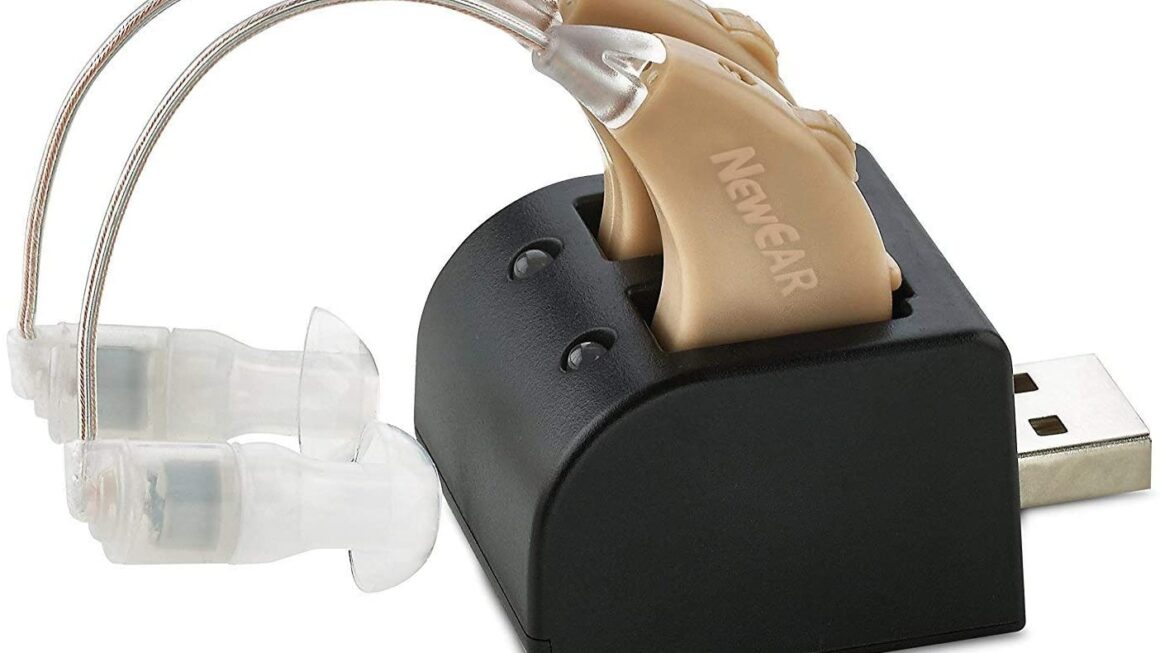Introduction to Dental Emergencies
Are you prepared for a dental emergency? No one anticipates them, but knowing how to handle common dental mishaps can make all the difference in saving your smile. From sudden toothaches to unexpected injuries, being equipped with knowledge on how to navigate these situations is crucial. In this blog post, we will delve into the 5 most common dental emergencies and provide you with essential tips on what to do in those tense moments. Let’s ensure you’re ready for anything that comes your way when it comes to Emergency Dentistry!
Types of Dental Emergencies
When it comes to dental emergencies, they can vary in nature and severity. One common type is a toothache that suddenly becomes excruciating, indicating an underlying issue like an infection or decay. Another prevalent emergency is a broken or chipped tooth, often caused by accidents or biting into hard objects unexpectedly.
Dental emergencies may also include knocked-out teeth which require immediate attention to have the best chance of saving the tooth. Additionally, issues like a lost filling or crown can be uncomfortable and need prompt treatment to avoid further damage to the affected tooth.
Furthermore, soft tissue injuries in the mouth such as cuts on the lips, gums, or tongue are considered dental emergencies that should not be ignored. These injuries can lead to infections if not properly cared for in a timely manner.
Understanding the types of dental emergencies can help individuals recognize when they need urgent care from a dentist to prevent further complications and alleviate pain associated with these situations.
5 Most Common Dental Emergencies
When it comes to dental emergencies, knowing the most common issues can help you be prepared. Toothaches are a frequent problem that can range from mild discomfort to severe pain. Whether caused by decay or infection, prompt attention is crucial.
Another common emergency is a knocked-out tooth, often resulting from accidents or sports injuries. Remember to handle the tooth carefully and seek immediate dental care for the best chance of saving it.
Chipped or broken teeth are also prevalent occurrences that may cause sensitivity and affect your smile. Quick action can prevent further damage and restore your tooth’s appearance.
Lost fillings or crowns can expose sensitive areas of your teeth, leading to discomfort and potential complications if left untreated. Seeking professional help promptly is advisable in such situations.
Abscesses or infections in the gums should not be ignored as they can lead to serious health issues if bacteria spread throughout the body. Immediate treatment is essential for preventing complications.
Steps to Take in a Dental Emergency
Experiencing a dental emergency can be alarming, but knowing what to do in such situations can make a significant difference. The first step is to remain calm and assess the severity of the situation. If you are experiencing severe pain, swelling, or bleeding, it is crucial to seek immediate professional help from an emergency dentist.
If a tooth has been knocked out, try to gently place it back into its socket without touching the root if possible. Alternatively, store it in a container with milk or saliva while heading to the dentist. In cases of a cracked or broken tooth, rinse your mouth with warm water and apply a cold compress to reduce swelling.
For objects stuck between teeth causing discomfort, avoid using sharp tools and instead try flossing gently to dislodge the item. However, if the issue persists or worsens, contact your dentist promptly for assistance. Remember that quick action and seeking professional care are key in handling dental emergencies effectively.
Tips for Preventing Dental Emergencies
Maintaining good oral hygiene is key to preventing dental emergencies. Brush your teeth twice a day and floss daily to keep your teeth and gums healthy. Avoid chewing on hard objects like ice or popcorn kernels to prevent tooth fractures.
Regular visits to the dentist for check-ups and cleanings can help catch any issues early on before they turn into emergencies. Wearing a mouthguard during physical activities or sports can protect your teeth from injuries.
Limit sugary foods and drinks in your diet as they can contribute to tooth decay. Stay hydrated by drinking plenty of water throughout the day, which helps wash away bacteria and food particles that can lead to dental problems.
If you grind your teeth at night, consider wearing a night guard to prevent damage. Quit smoking as it not only stains your teeth but also increases the risk of gum disease and oral cancer. Taking these preventive measures can go a long way in maintaining good oral health!
Importance of Seeking Professional Help
When faced with a dental emergency, seeking professional help is crucial for proper diagnosis and treatment. Dentists are trained to handle a wide range of dental issues efficiently and effectively.
Professional intervention can prevent the escalation of minor problems into more serious conditions that may require extensive procedures or surgeries. Dentists have the expertise to alleviate pain, address infections, and restore oral health.
Ignoring dental emergencies or attempting DIY solutions can lead to complications and worsen the situation. Professional assistance ensures that the underlying cause of the issue is properly identified and resolved.
By seeking timely help from a dentist, you not only protect your oral health but also save yourself from unnecessary pain and discomfort. Remember, dentists are there to assist you in maintaining a healthy smile and overall well-being.
Do not hesitate to reach out to a dental professional when facing an emergency – their prompt care can make all the difference in preserving your oral health.
Conclusion: Be Prepared for Dental Emergencies
Being prepared for dental emergencies is crucial for maintaining good oral health and preventing further complications. By familiarizing yourself with the common types of dental emergencies, knowing how to handle them effectively, and seeking professional help when needed, you can ensure that you are ready to address any unexpected situations that may arise.
Remember to practice good oral hygiene, attend regular check-ups with your dentist, and have their contact information readily available in case of an emergency. With proper preparation and quick action, you can minimize the impact of dental emergencies and protect your smile for years to come. Stay informed, stay proactive, and prioritize your dental health – it’s worth it!












